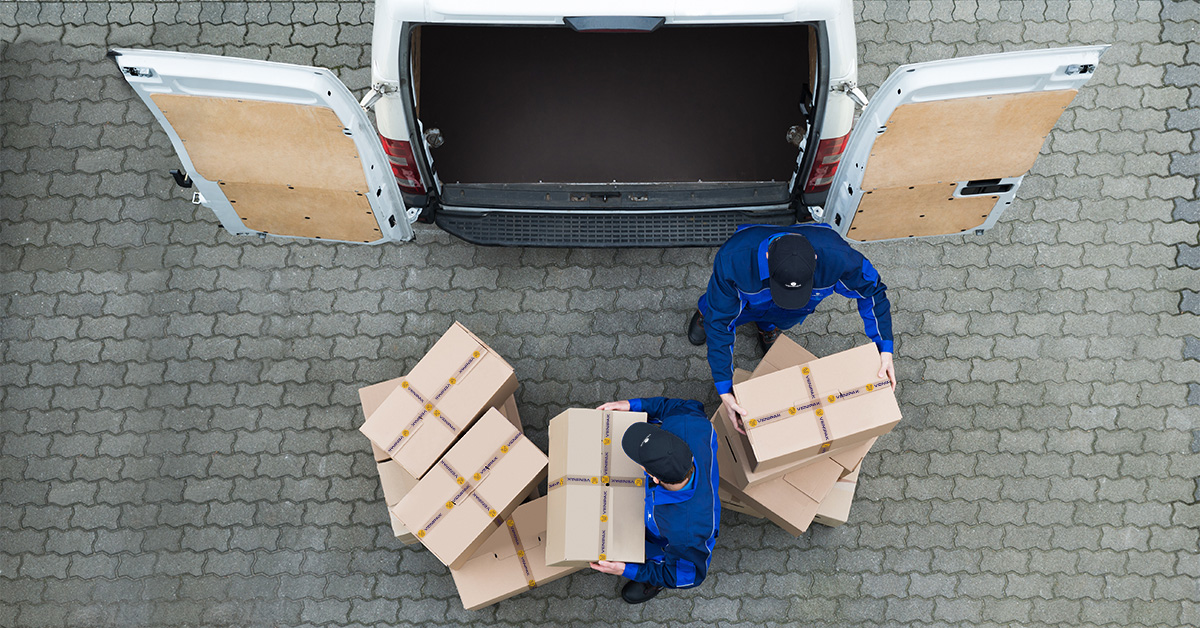The popularity of online shopping continues to grow but e-commerce businesses face specific challenges in different European countries. According to Justas Šablinskas, CEO of international parcel delivery service provider Venipak, trends differ throughout Europe.
As the e-commerce market continues to grow, Venipak, a parcel delivery company operating in the Baltics, Germany, Poland, China, and the USA, noticed the difference in how businesses in various regions deal with the increase in orders. The dominant tendencies of parcel delivery in Western Europe are quite different from those in Lithuania and other Baltic countries. Varying customer needs determine the choices of e-commerce businesses, which in turn leads to different demands in parcel delivery services in a particular country.
According to Statista, all e-shops in Poland offer home delivery via courier, while 68% do deliveries to parcel lockers and 64% allow customers to pick up the parcel from physical stores themselves. In Germany, it is still quite common to opt for post office delivery – it is outrun only by home delivery and parcel lockers. In many other countries, however, mail delivery is not a popular choice. About a third of German online shops do not specify the delivery time, while germans themselves tend to return more than half of their purchases. This means that e-commerce businesses must provide convenient return options.
„We notice that because of specific customer needs, the trends in parcel delivery differ from country to country. For example, customer demands are very similar among the Baltics where the demand for parcel lockers and fast delivery is growing. Because of that, e-commerce businesses have to adapt and provide customers with such options,” says Justas Šablinskas, CEO of Venipak. „For German customers return shipping has been a top priority for some time, while in Lithuania, it has become relevant only now, so we try to adapt to these needs.”
During the pandemic, parcel delivery companies needed to expand and improve their services. Due to the growing demand for the most convenient way to receive their purchase, the businesses in Lithuania and Latvia are adding as many delivery options as possible. According to Venipak, there is more demand for evening or Saturday delivery. The evening delivery service was launched during the pandemic and now makes 1% of all Venipak deliveries in the Baltics.
„We try to adapt to the needs of e-commerce businesses in all the countries we operate in. Businesses are well aware of what’s important to their customers and what delivery methods ensure the best online shopping experience. In Lithuania, the greatest demand lies in the next-day delivery and we see the growing need for Saturday delivery too,” says Šablinskas. „We believe that the current parcel delivery trends will soon become commonplace. As the e-commerce market will continue to grow, new customer needs will emerge in various countries and the businesses will have to adapt.”
According to Šablinskas, the demand for next-day delivery will continue to grow in many European countries. Finally, the need for eco-friendly solutions will drive new trends, as the customers will turn to sustainable brands. In such case, e-commerce businesses and parcel services will have to pay more attention to packaging materials.




